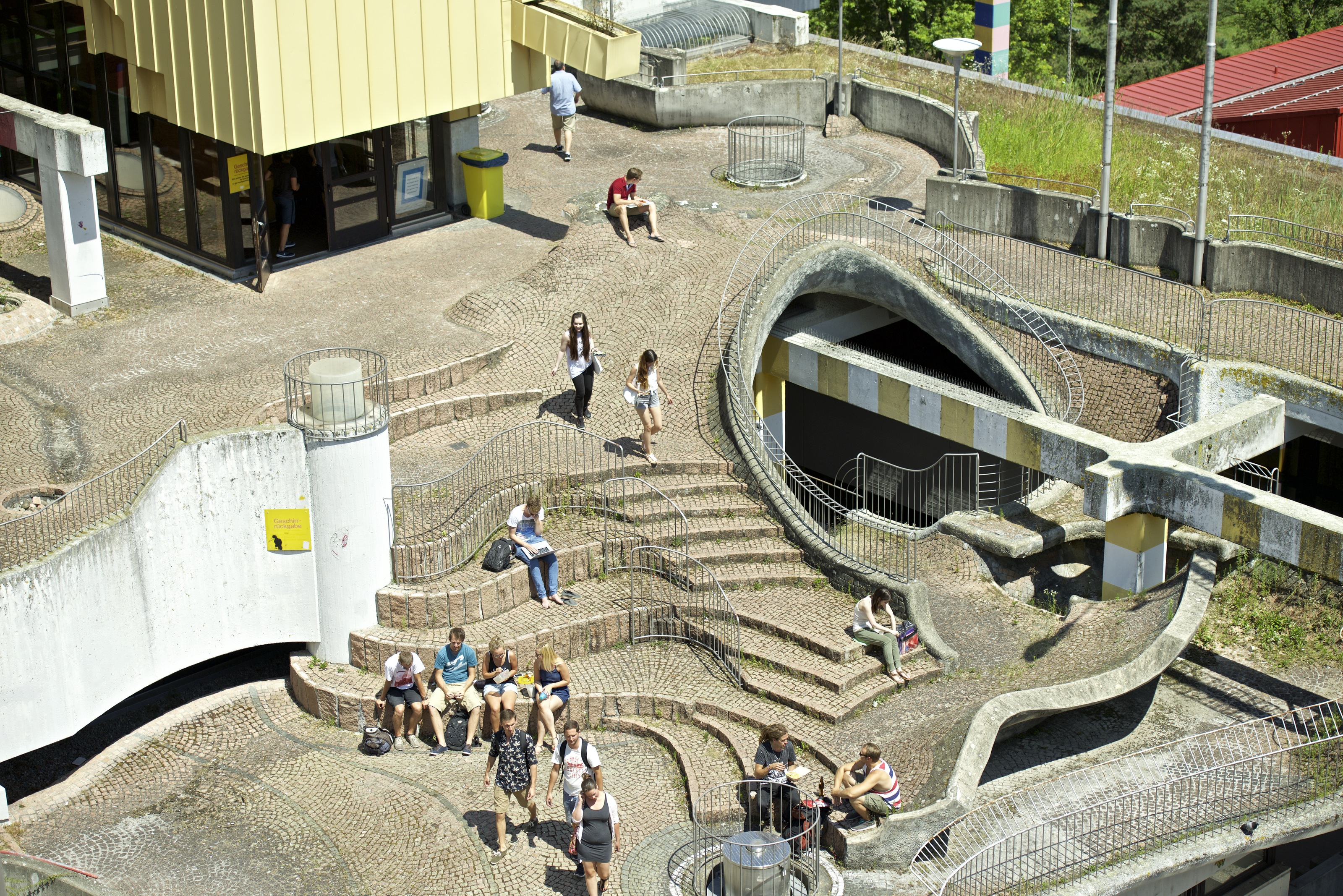
Man as bio-cultural being
Lecture series at the University of Konstanz
What is a living being? It seems safe to assume that an anthropologist and a biologist would offer radically different explanations. All the more exciting when the two positions meet. And this is precisely the idea hatched by anthropologist Dr. Raúl Acosta-Garcia and biologist Dr. Wolf Hütteroth of the Zukunftskolleg of the University of Konstanz. They are interested in each other’s research and, by way of a lecture series entitled “Nature and culture as false dichotomy”, want to work towards closing the gap between the natural and social sciences. The lecture series, which runs from 22 April to 1 July 2015, aims to identify mutual points of contact between the two disciplines and to foreground new insights that these may yield to both. Man and animal are determined both biologically and culturally, after all.
Raúl Acosta-Garcia and Wolf Hütteroth have invited various experts to speak. Taking turns, biologists and social anthropologists will address questions pertaining to the mind, the body, socialisation and ecology. Drawing on the specialist knowledge and insights of their respective disciplines, the speakers will seek to explain how living things are shaped by biophysical and other “material” properties on the one hand, and by symbolically conceived meanings on the other, both of which being the result of an evolutionary process.
The series kicks off on 22 April with a lecture entitled “The brain and the mind: an animal perspective” by the biologist and director of the Zukunftskolleg, Professor Giovanni Galizia. On 28 April the anthropologist Professor Andrea Bender from Bergen will talk about “Cognition and culture”, followed by a talk on 13 May by the biologist Professor Martin Klingenspor from the Technical University of Munich on “Food intake and energy expenditure: how do we keep the balance?”. On 20 May the anthropologist Professor Stanley Ulijaszek from Oxford will be speaking on “Biocultural variation and obesity”, on 3 June the biologist Dr. Claudio Tennie from Birmingham will lecture on “Ape culture vs. human culture”, and on 17 June the anthropologist Professor Tim Ingold from Aberdeen will explore “The correspondence of lives”. On 24 June the biologist PD Dr. Christoph Küffer from Zurich will talk about “Biodiversity conservation in the anthropocene”, followed by a final talk on 1 July by anthropologist Professor Laura Rival from Oxford on “Collisions between forms of life in the Ecuadorian Amazon”. All lectures take place at 17:00 in room R 511. Please note that the lecture on 28 April will be held in room R 512.
Further Information: https://www.uni-konstanz.de/zukunftskolleg/
